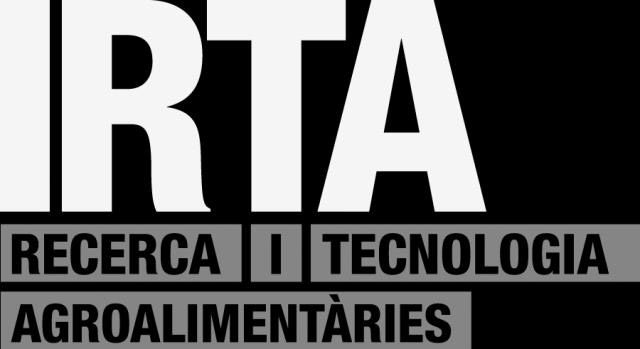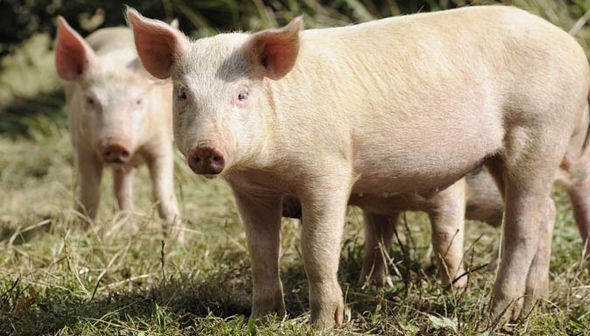Category Archives: Pigs
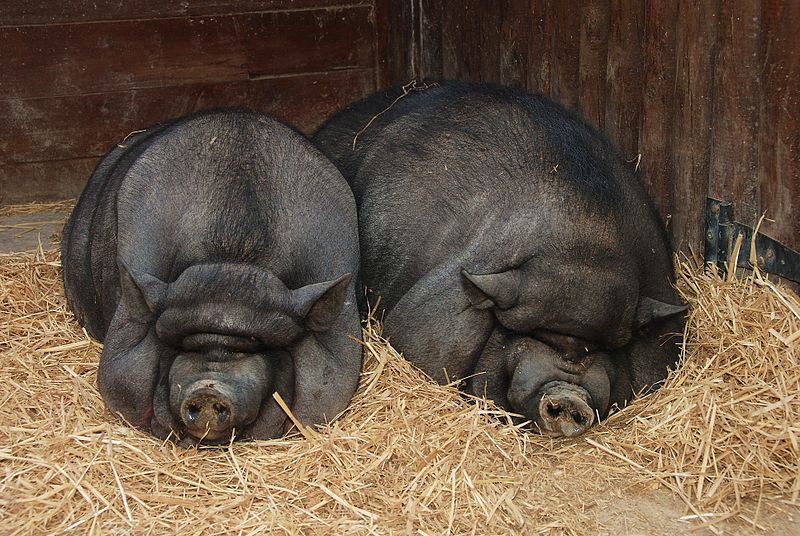
Will the smallest RNA molecule become the secret weapon to defeat the African swine fever virus?
A work carried out at IRTA-CReSA has allowed to identify different expression patterns of porcine microRNAs in an African swine fever virus (ASFV) experimental infection in pigs. The results not only increase our knowledge of the virus-host interaction but identify possible targets for the control of this important disease for which, at the moment, there is no vaccine in the market.
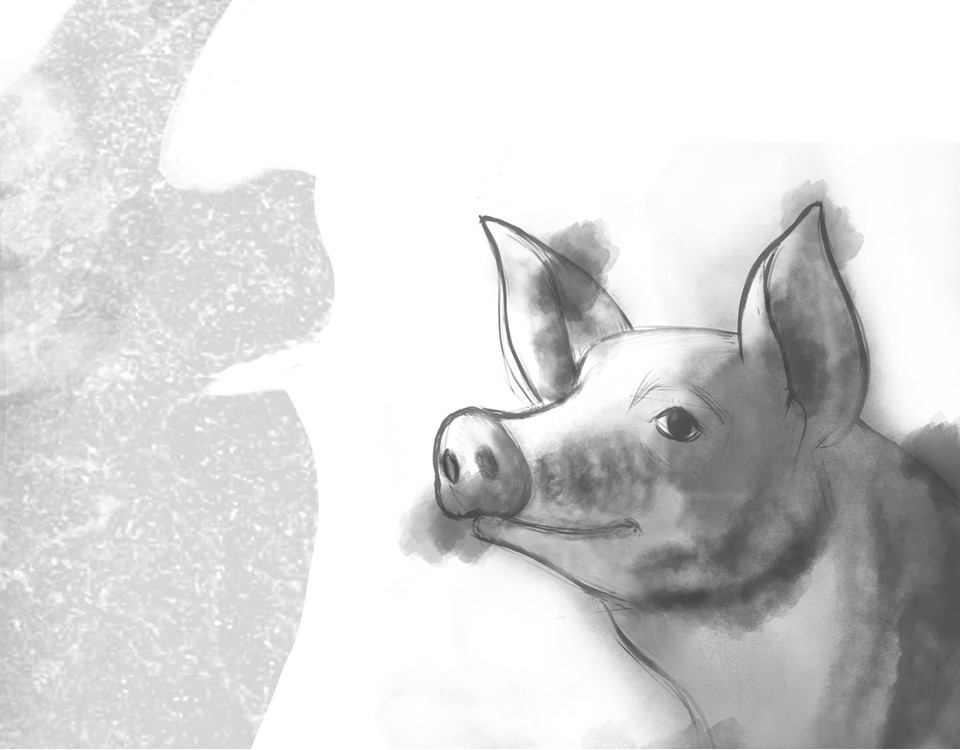
Moving towards an improved experimental model for reproduction of pneumonia induced by Mycoplasma hyopneumoniae
The 25th of April, Beatriz Garcia Morante will defend the PhD thesis entitled “Moving towards an improved experimental model for reproduction of pneumonia induced by Mycoplasma hyopneumoniae” led by researchers Dr. Marina Sibila and Dr. Joaquim Segalés of IRTA-CreSA center. This thesis is the result of the work done during three years under an Industrial Doctorate scholarship. The close collaboration with the pharmaceutical company Boehringer Ingelheim has been absolutely fundamental and enriching for the PhD student, since it has offered another scientific perspective and made possible several trips to one of the company’s veterinary research centers, in Hannover (Germany).

Foot-and-mouth disease, a disease that may come back any day
Those of you of a certain age and more or less interested in animal health will remember that in 2001 there was a major outbreak of foot and mouth disease (FMD) in England that had a large media coverage. Those even older might even remember it as a disease that affected cattle almost every year in Catalonia.
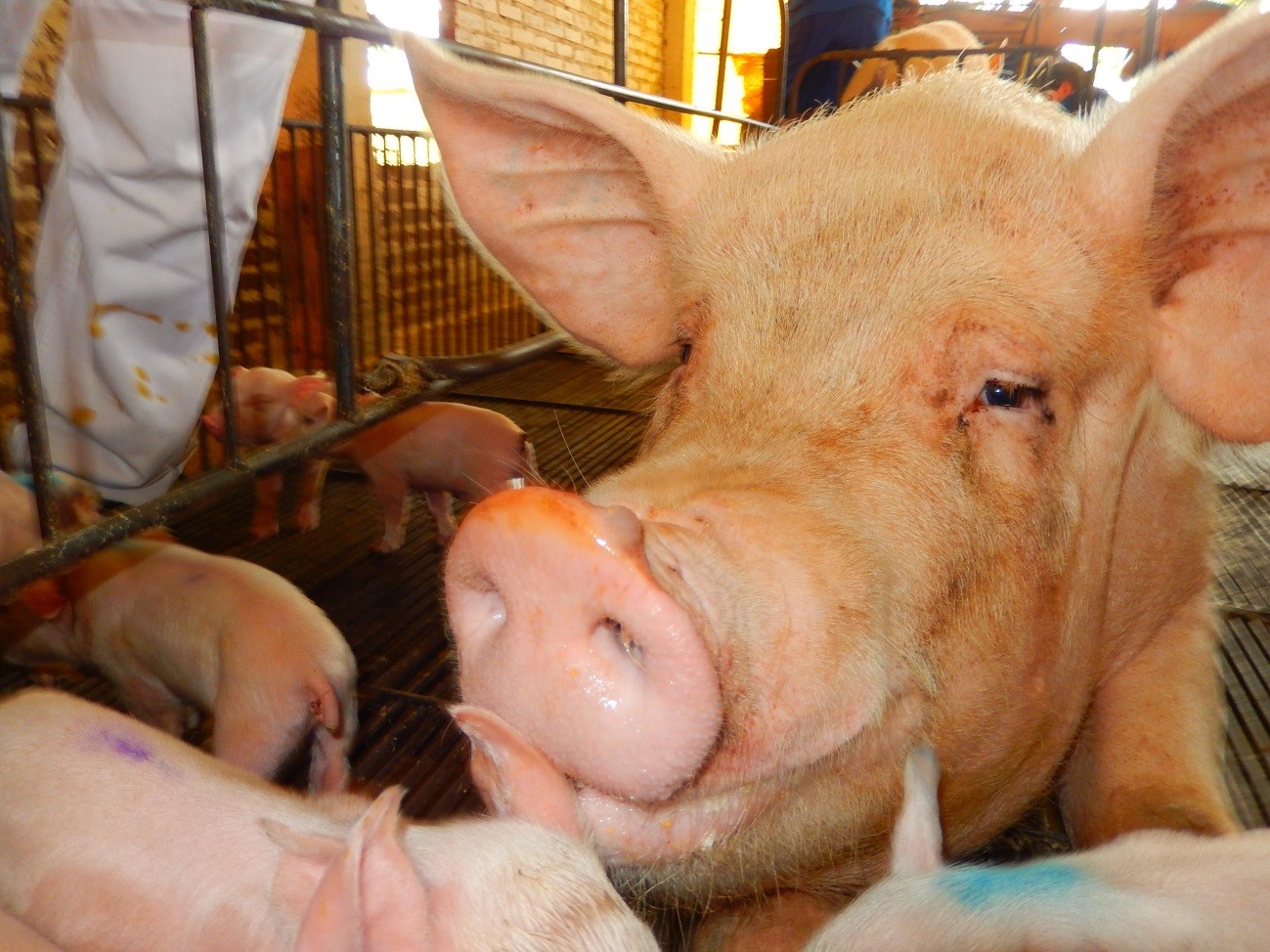
Senecavirus A: an emerging pig infection causing vesicular disease and piglet mortality?
Senecavirus A (SVA) is the only member of the genus Senecavirus within the family Picornaviridae. This virus was discovered as a serendipitous finding in 2002 and has been proposed for use as an oncolytic virus to treat different types of human tumors.
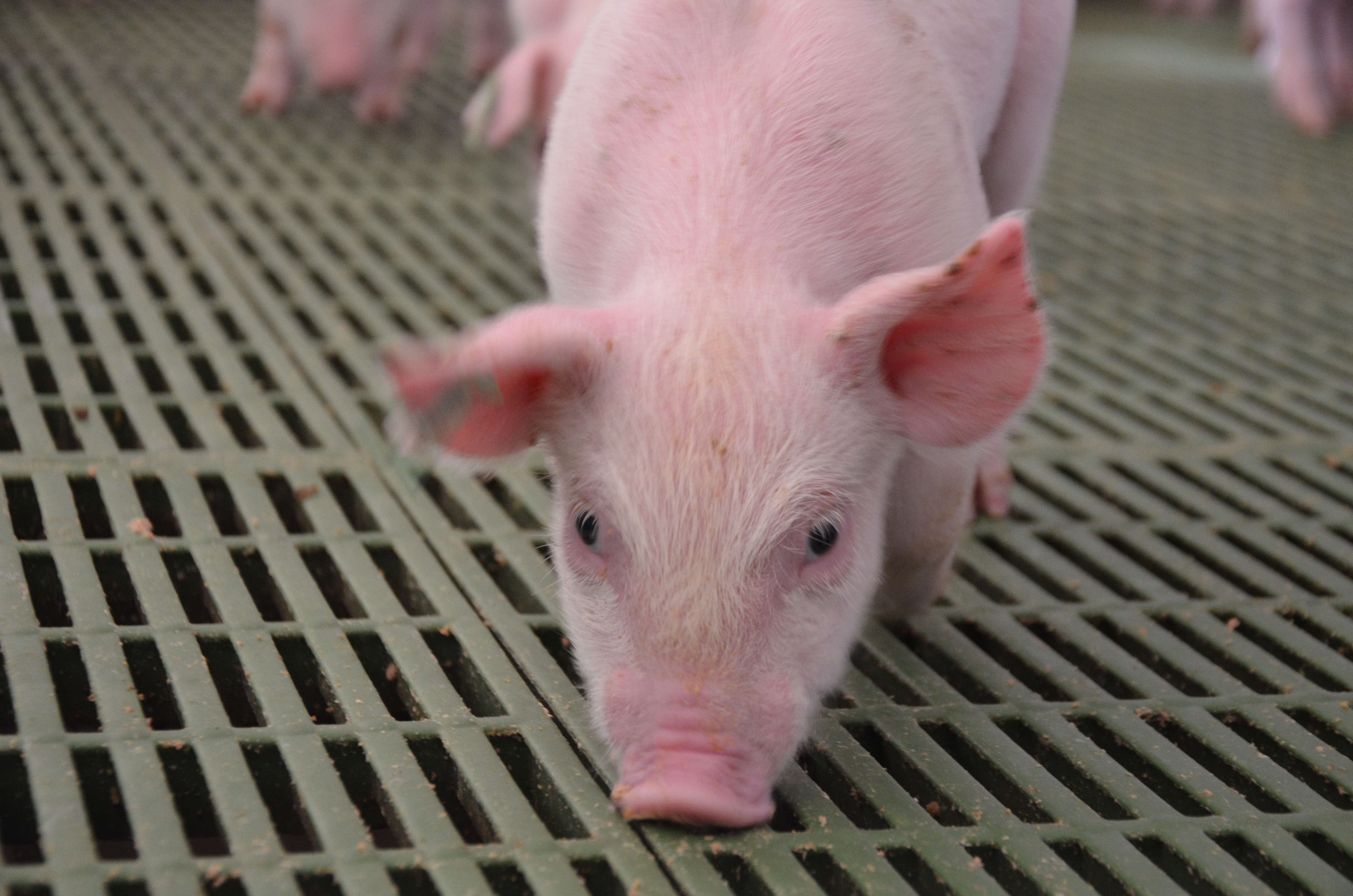
The use of antibiotics in pig farms may endanger public health? Study of the emergence of resistance.
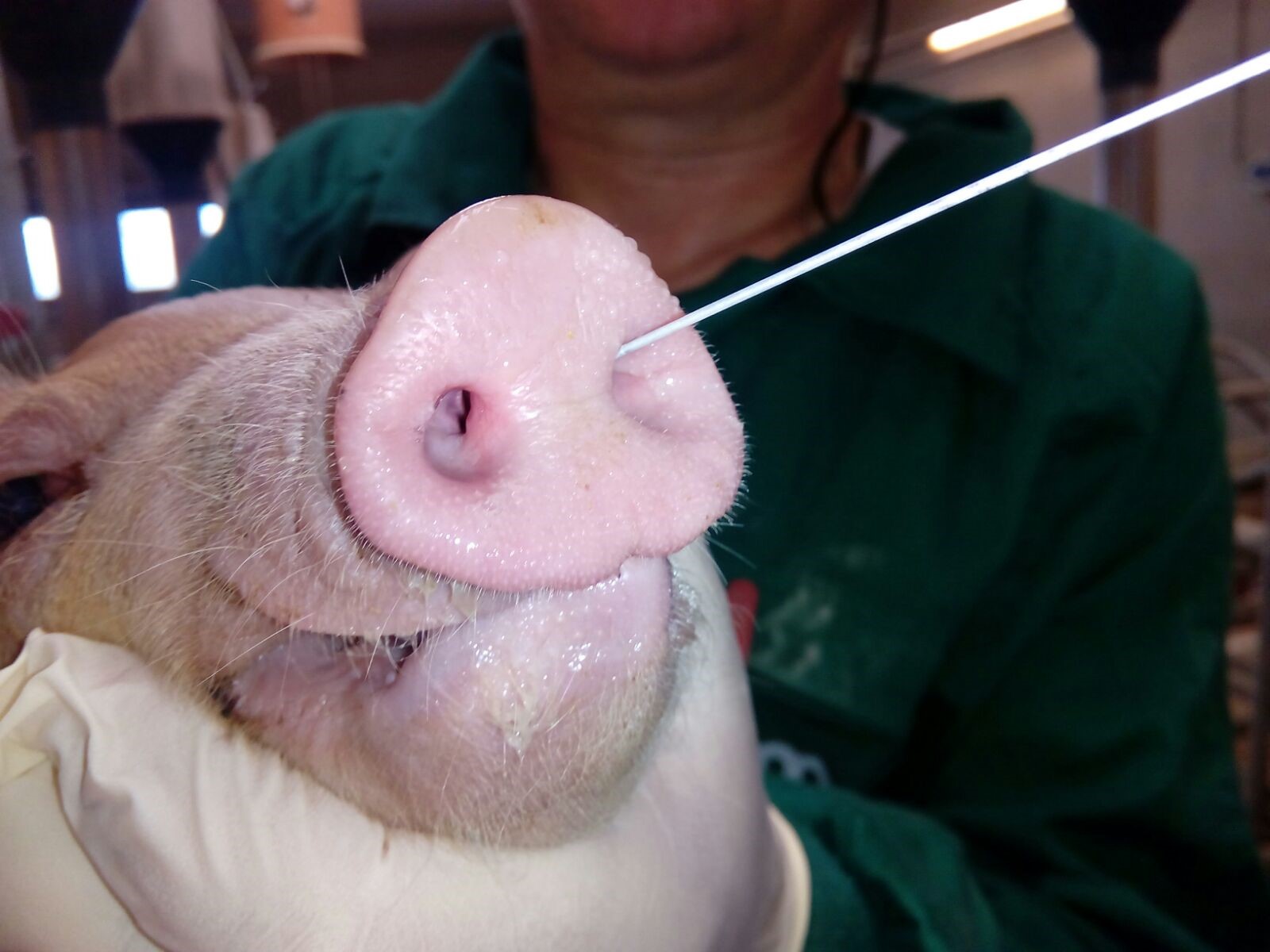
The nasal bacterial community of piglets may influence the subsequent development of Glässer’s disease
The microbiota, the community of microorganisms on a particular body site, has been extensively studied during the last few years, and demonstrated to influence the development of many diseases. The nasal mucosa of piglets is colonized by bacteria early in life, constituting the nasal microbiota.

